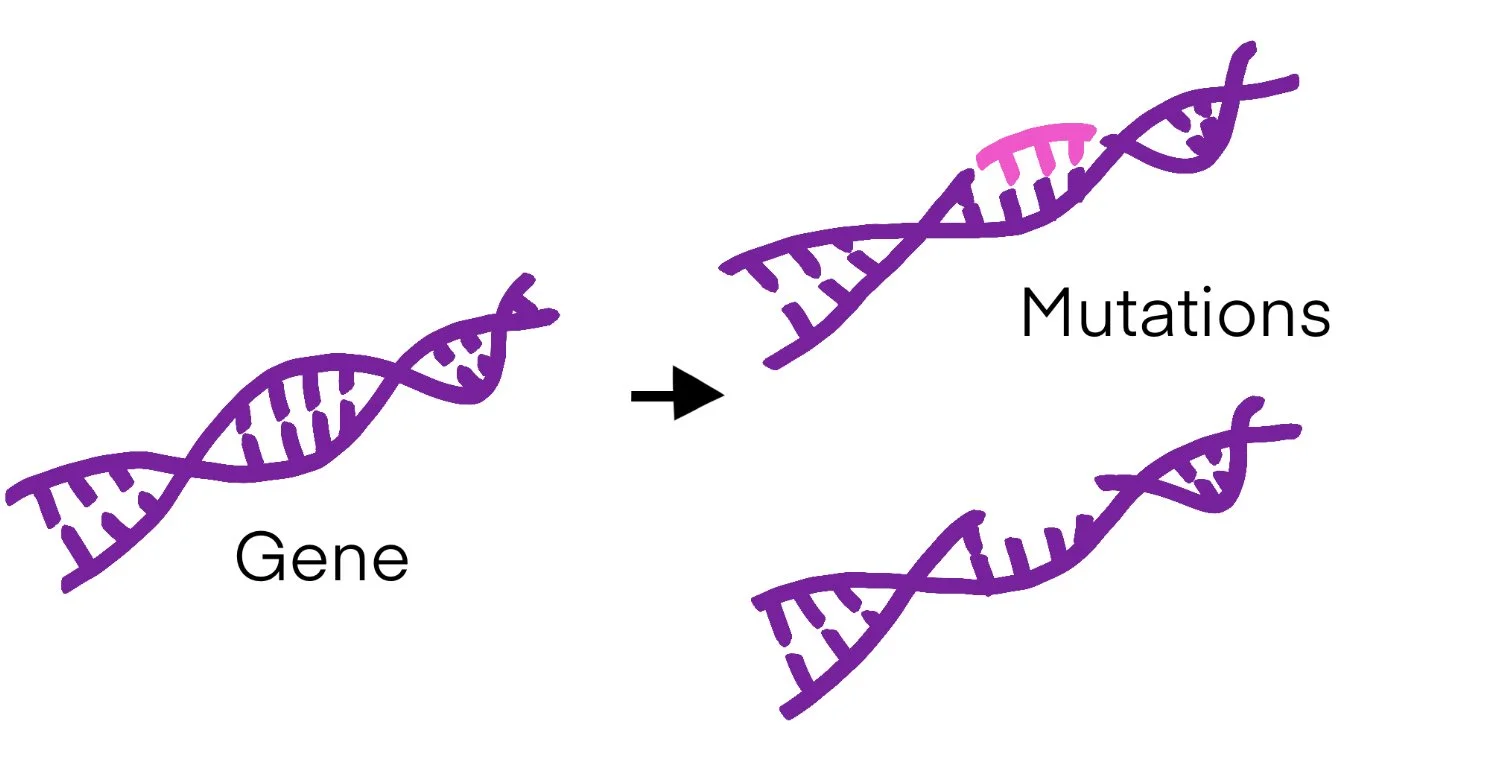What is Genetic Testing? Why is it Important?
This article talks about genetic testing in regards to cancer, why it is important, and when you should consider genetic testing.
Title: What is Genetic Testing? Why is it Important?
By Kaylie Lively
The term “genetic testing” is something that you will hear a lot, especially when talking about cancer. However, it may be hard to figure out exactly what genetic testing is, and what it entails.
DNA is the instruction manual for living organisms. Each cell has its little packet of DNA telling it what to do. Every time a cell replicates and divides, it has to make another copy of the DNA instruction manual. However, sometimes, it messes up the instructions. Either it accidentally leaves some instructions out, puts extra instructions in, or replaces the old instructions with new ones that aren’t correct. This results in genetic mutations that could easily make the new cell either pre-cancerous or cancerous. Normally, your immune system catches these cells and destroys them before they can do any damage. However, sometimes they manage to slip through the immune system’s grasp, and then they may turn into cancer. Thanks to modern technology, we are now able to identify and test for a number of these mutations. There are two types of genetic testing for cancer: looking for inherited genetic mutations and examining the DNA profile of a specific tumor. [1]
Inheritable genetic mutations occur when a mutation happens in someone’s DNA that can be passed on to their children. Their DNA instruction manual has a typo, and that typo can cause them to be at a higher risk for developing certain types of cancer, which is why you will see that sometimes cancer can “run in families.” [2] A common example of an inherited mutation is Breast Cancer Genes 1 and 2 (commonly known as BRCA1 and BRCA2). Women with a BRCA1/2 mutation have a significantly higher chance of developing breast cancer in their lifetime. By testing for this inheritable mutation, women are given the chance to take preventative measures to reduce their risk of developing cancer. [3]
The other type of genetic testing commonly seen in cancer scenarios—testing specifically looking at a tumor’s DNA—is usually done in patients who have cancer recurrence. This means that they have previously been treated for cancer in the past, and now have it again. This testing is done to see if the cancer has genetically changed and to offer guidance on the best course of treatment for the patient. [2]
Genetic testing is a powerful tool in cancer prevention and interception. People who should consider getting genetic testing done are those that were diagnosed with cancer at an unusually young age, have had several different types of cancer, developed cancer in both of a paired set of organs (such as both kidneys or breasts), and/or have several first-degree relatives with the same type of cancer. Less common reasons that a person may consider genetic testing is if they have an unusual case for their cancer type (such as breast cancer in a man) and/or have a birth defect that is associated with inherited pro-cancer mutations. [2]
References
1. Understanding genetic testing for cancer. https://www.cancer.org/cancer/cancer-causes/genetics/understanding-genetic-testing-for-cancer.html (accessed Oct 29, 2021).
2. Genetic testing fact sheet. https://www.cancer.gov/about-cancer/causes-prevention/genetics/genetic-testing-fact-sheet (accessed Oct 29, 2021).
3. BRCA: The breast cancer gene. https://www.nationalbreastcancer.org/what-is-brca (accessed Oct 29, 2021).
Written and illustrated by Kaylie Lively

